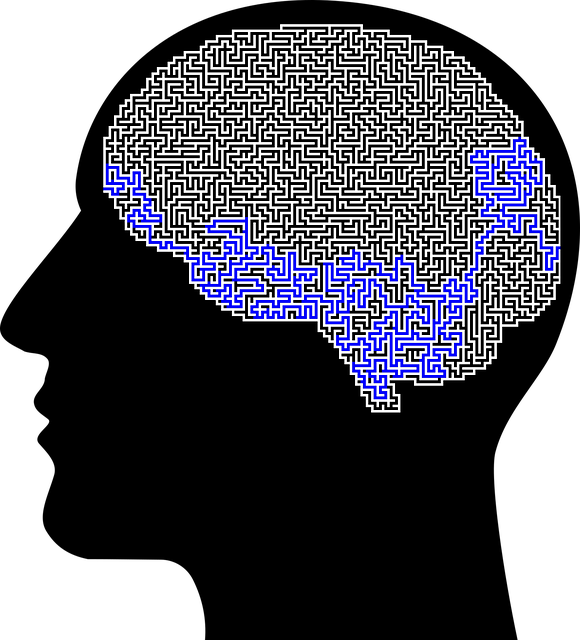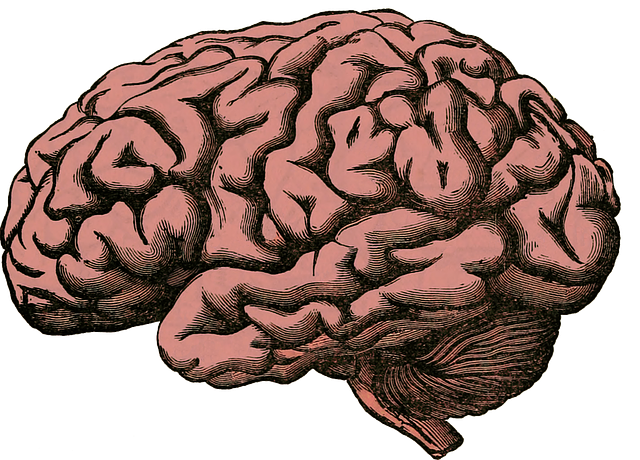Mental wellness involves emotional, psychological, and social well-being, thriving beyond just absence of illness. Strategies like Westminster Cognitive Processing Therapy (WCPT), self-awareness exercises, compassion cultivation, and trauma support services are key to cultivating mental wellness. WCPT challenges negative thought patterns, improves resilience, emotional regulation, and inner peace through mindfulness, cognitive restructuring, and behavioral activation. This holistic approach aligns with stress reduction, mental wellness coaching, and policy advocacy for a healthier society. Immediate practices like meditation reduce stress, while long-term strategies include WCPT therapy, Mental Health Policy Analysis, early intervention programs, and fostering emotional intelligence to combat stigma.
Mental wellness promotion is a holistic, yet often overlooked, aspect of overall health. In today’s fast-paced world, understanding and prioritizing mental well-being is more crucial than ever. This article explores various facets of mental wellness, with a focus on Westminster Cognitive Processing Therapy (WCPT), a revolutionary approach to fostering resilience and balancing minds. We delve into practical strategies for daily practice and long-term well-being, empowering individuals to navigate life’s challenges with enhanced emotional agility.
- Understanding Mental Wellness and its Impact
- Westminster Cognitive Processing Therapy: A Holistic Approach
- Strategies for Daily Practice and Long-term Well-being
Understanding Mental Wellness and its Impact

Mental wellness is a state of emotional, psychological, and social well-being where an individual can thrive and navigate life’s challenges effectively. It goes beyond the absence of mental illness; it encompasses a person’s overall sense of contentment, resilience, and positive functioning. Understanding mental wellness involves recognizing its impact on daily life, relationships, and overall quality of life. A significant aspect to consider is the role of Westminster Cognitive Processing Therapy, which focuses on helping individuals challenge negative thought patterns and develop healthier cognitive processes.
By integrating Self-Awareness Exercises and Compassion Cultivation Practices, one can foster a deeper understanding of their emotions and strengthen their ability to cope with stress and adversity. Trauma Support Services also play a crucial part in promoting mental wellness by providing safe spaces for individuals to process traumatic experiences. These practices enable people to build resilience, improve their emotional regulation skills, and cultivate a sense of inner peace, ultimately contributing to a more balanced and fulfilling life.
Westminster Cognitive Processing Therapy: A Holistic Approach

Westminster Cognitive Processing Therapy (WCPT) represents a holistic approach to mental wellness promotion, targeting not just symptoms but underlying cognitive processes. This therapy method is designed to help individuals understand and reframe negative thought patterns, thereby reducing stress and improving overall well-being. WCPT incorporates various techniques, including mindfulness exercises, cognitive restructuring, and behavioral activation, tailored to each person’s unique needs. By addressing the root causes of distress, this approach fosters long-lasting mental resilience and enhances coping mechanisms.
Incorporating WCPT into mental health services aligns with the broader goals of Stress Reduction Methods and Mental Wellness Coaching Programs Development. It also underscores the importance of Mental Health Policy Analysis and Advocacy in ensuring accessibility to effective, holistic therapies like WCPT, ultimately contributing to a healthier, more supportive society.
Strategies for Daily Practice and Long-term Well-being

Promoting mental wellness requires a multifaceted approach, combining daily practices for immediate relief with long-term strategies for sustained well-being. Techniques such as mindfulness meditation and deep breathing exercises have been shown to significantly reduce stress levels and improve emotional resilience. Incorporating these into daily routines can help individuals navigate life’s challenges with greater equanimity. For instance, the Westminster Cognitive Processing Therapy (WCPT) offers a structured framework for identifying and modifying negative thought patterns, empowering individuals to cultivate healthier mental habits.
Beyond immediate practices, fostering long-term well-being necessitates systemic support. This includes advocating for robust Mental Health Policy Analysis and Advocacy, ensuring access to evidence-based therapies like WCPT. Community Outreach Program Implementation can also play a pivotal role by raising awareness about mental health issues, breaking down stigma, and providing early intervention services. By fostering an environment that prioritizes emotional intelligence and open dialogue, communities can create a safe space for individuals to seek help when needed, ultimately enhancing collective resilience.
In promoting mental wellness, adopting a holistic approach like Westminster Cognitive Processing Therapy offers a promising path. By addressing cognitive processes and fostering positive thinking, this therapy empowers individuals to navigate life’s challenges more effectively. Integrating daily practice strategies into one’s routine can lead to significant improvements in long-term well-being, creating a more balanced and fulfilling life.











